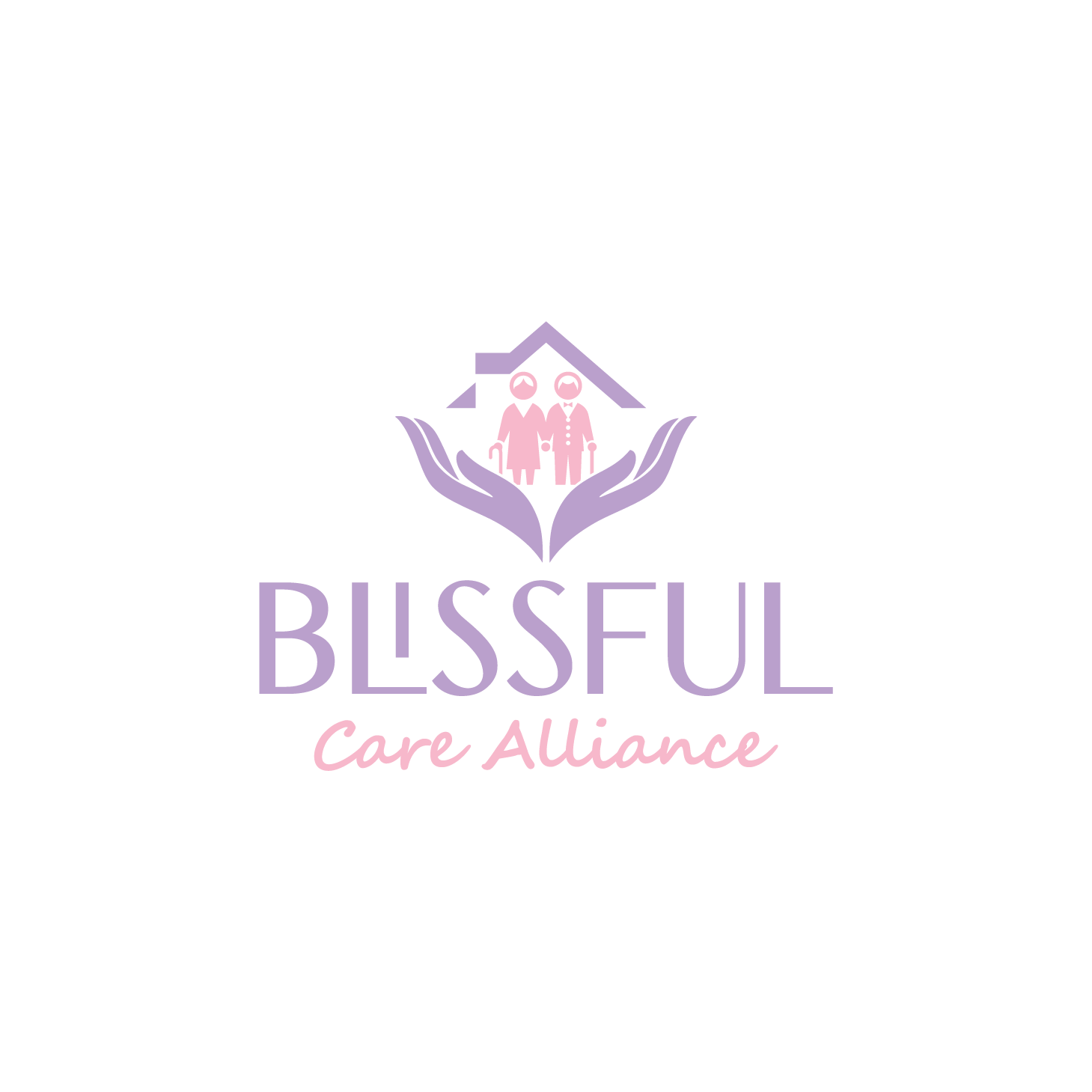The Importance of Self-Care for Caregivers: Tips for Finding Balance
Caring for a loved one can be both a rewarding and challenging journey. While the love and compassion you provide are invaluable, many caregivers often find themselves overwhelmed and at risk of burnout. That’s where self-care comes into play. Prioritizing your well-being is essential not just for you, but for those you care for. In this post, we will explore why self-care is crucial for caregivers and share practical tips for finding that all-important balance.
Why Self-Care Matters
As a caregiver, your responsibilities may include managing medication schedules, coordinating doctor appointments, and providing emotional support. While these tasks are vital, they can take a toll on your mental and physical health. Here’s why prioritizing self-care is essential:
Prevents Burnout: Continuous caregiving without breaks can lead to emotional and physical exhaustion. Incorporating self-care helps you recharge and maintain your energy levels.
Enhances Care Quality: When you take care of yourself, you are better equipped to provide compassionate and attentive care. A well-rested caregiver is often a more effective caregiver.
Improves Mental Health: Engaging in self-care activities can alleviate stress, anxiety, and feelings of loneliness, promoting a more positive mental state.
Fosters Resilience: By nurturing your own well-being, you build resilience that enables you to navigate challenges with greater ease.
Tips for Effective Self-Care
Now that we understand the importance of self-care, let’s dive into some actionable tips to help you find balance in your caregiving journey:
Establish Boundaries
Setting boundaries is vital to maintaining a balance between caregiving responsibilities and personal time. Communicate your limits to family members and involve them in discussions about care. This not only helps you manage expectations but also encourages a team approach to caregiving.
Schedule “Me Time”
Self-care requires intentional planning. Just as you schedule doctor appointments, make time for yourself. Whether it’s a quiet evening with a good book, a walk in nature, or a relaxing bubble bath, prioritize these moments in your calendar.
Stay Connected
Reach out to friends, family, or support groups. Sharing your experiences and feelings with others who understand can provide comfort and reduce feelings of isolation. Regular social interactions can be uplifting and rejuvenating.
Practice Mindfulness
Mindfulness techniques, such as meditation or deep breathing exercises, can help you center your thoughts and cope with stress. Even a few minutes a day can make a significant difference in your mental clarity and emotional stability.
Get Moving
Physical activity is a powerful tool for managing stress. Even short walks or light stretching can elevate your mood and improve your overall health. Find an activity you enjoy — whether it's dancing, yoga, or gardening — and make it part of your routine.
Focus on Nutrition
Eating a balanced diet fuels both your body and mind. Ensure you're consuming healthy meals full of fruits, vegetables, whole grains, and proteins. Planning and prepping meals in advance can help ensure you stick to healthier choices.
Ask for Help
Remember, you don’t have to do this alone. Consider enlisting help from family members, friends, or professional services for respite care. Taking breaks and sharing responsibilities allows you to recharge, which ultimately benefits everyone involved.
Self-care is not a luxury; it’s a necessity for caregivers. By recognizing the need for balance and incorporating self-care into your routine, you ensure that both you and your loved ones thrive. Remember, taking care of yourself is the first step to being the best caregiver you can be.
At Blissful Care Alliance, we understand the challenges of caregiving and are here to support you on your journey. Embrace the importance of self-care and make it a priority — you deserve it!
